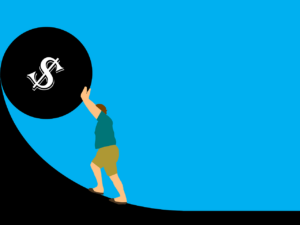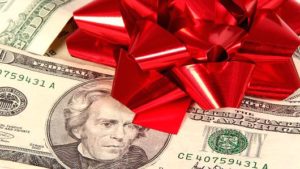Dear Liz: I have an 834 credit score, with three credit cards. I don’t carry debt or pay annual fees. I’m considering closing one of my cards and replacing it with one available through my credit union. Is it worth the hassle?
Answer: Closing accounts won’t help your credit scores and may hurt them. If there’s no compelling reason to close a card, you might consider leaving the account open and using the card occasionally to prevent the issuer from closing it.
You also might want to rethink your stance on annual fees. These days, few cards without annual fees offer rewards, while many cards offer rewards that more than offset their fees. If you’re new to the rewards card world, consider getting a simple cash-back card. If you’re interested in travel benefits, look for a card that gives you points that you can transfer to frequent traveler programs.
If you’re determined to close the account and open another, apply for the new card first since the closure may drop your scores.
 This week’s top story: Smart Money podcast on smart ways to get out of debt, and pet insurance planning. In other news: Not enough homes are for sale, so let’s pay owners to sell, how to pay for an expensive summer move, and growing loyalty programs mean more travelers competing for perks.
This week’s top story: Smart Money podcast on smart ways to get out of debt, and pet insurance planning. In other news: Not enough homes are for sale, so let’s pay owners to sell, how to pay for an expensive summer move, and growing loyalty programs mean more travelers competing for perks. Today’s top story: 3 times debt can be a helpful tool. Also in the news: How to buy stuff that lasts, how to plan for big expenditures, and how small daily purchases really affect your long-term finances.
Today’s top story: 3 times debt can be a helpful tool. Also in the news: How to buy stuff that lasts, how to plan for big expenditures, and how small daily purchases really affect your long-term finances. Today’s top story: Don’t let Black Friday debt trigger post-holiday blues. Also in the news: Things to do by year-end for your investments, November mortgage rates continue to rise, and how to shop now and get Black Friday prices later.
Today’s top story: Don’t let Black Friday debt trigger post-holiday blues. Also in the news: Things to do by year-end for your investments, November mortgage rates continue to rise, and how to shop now and get Black Friday prices later. Today’s top story: AARP credit card holders endure bumpy move to Barclays from Chase. Also in the news: 5 steps to level up your side hustle, how much it really costs to drive a new car, and one couple’s journey to tame their debt.
Today’s top story: AARP credit card holders endure bumpy move to Barclays from Chase. Also in the news: 5 steps to level up your side hustle, how much it really costs to drive a new car, and one couple’s journey to tame their debt.